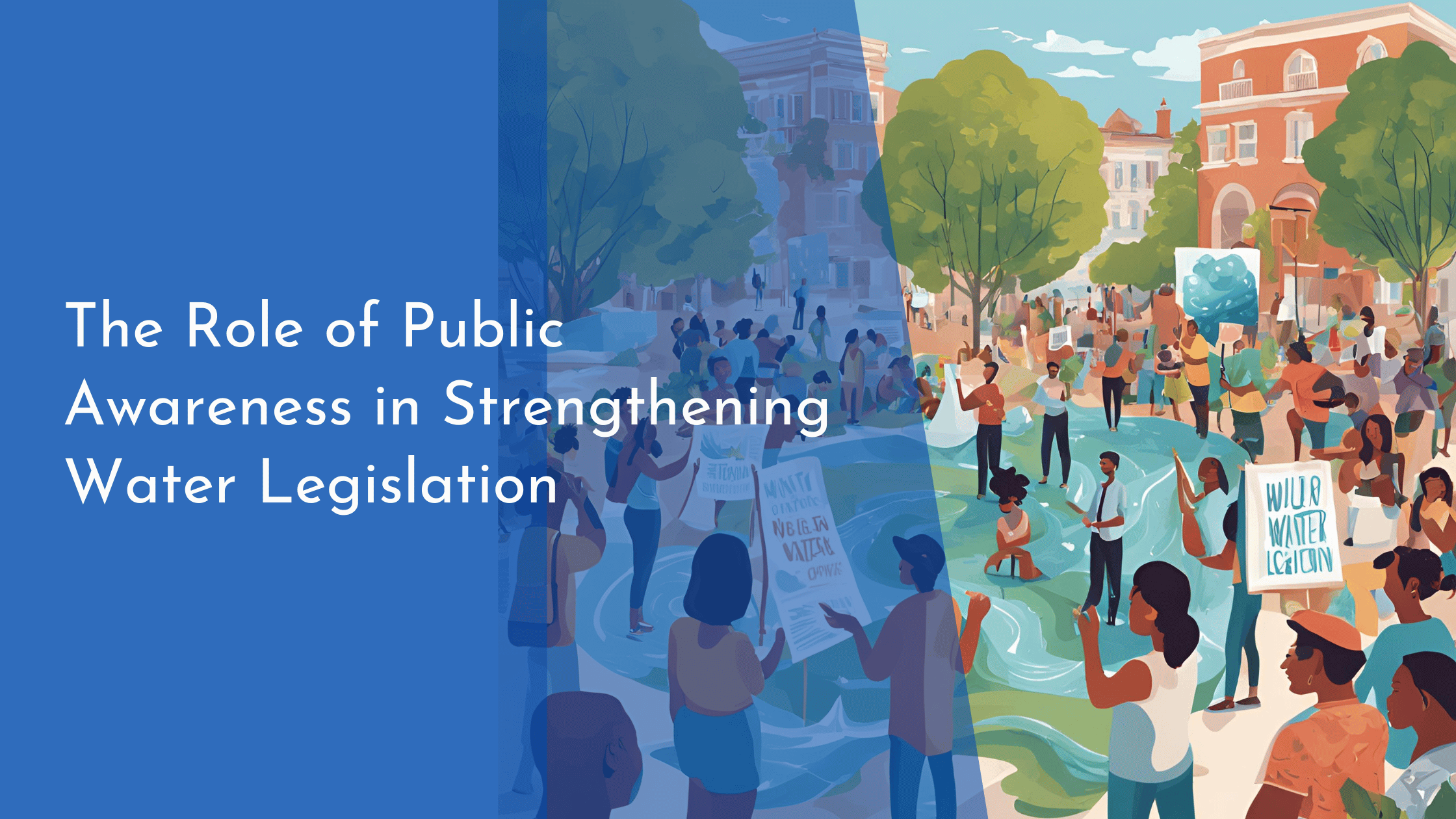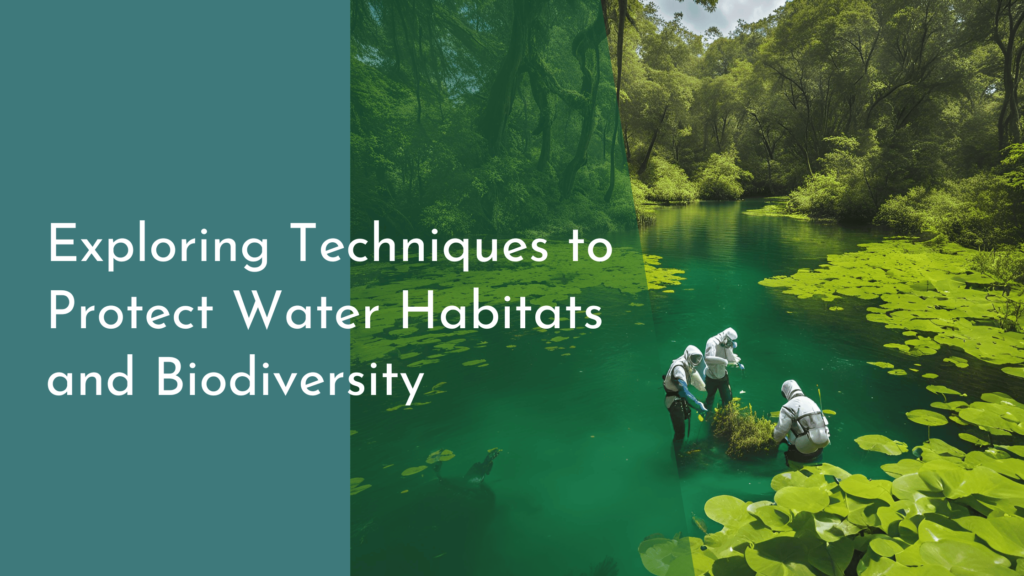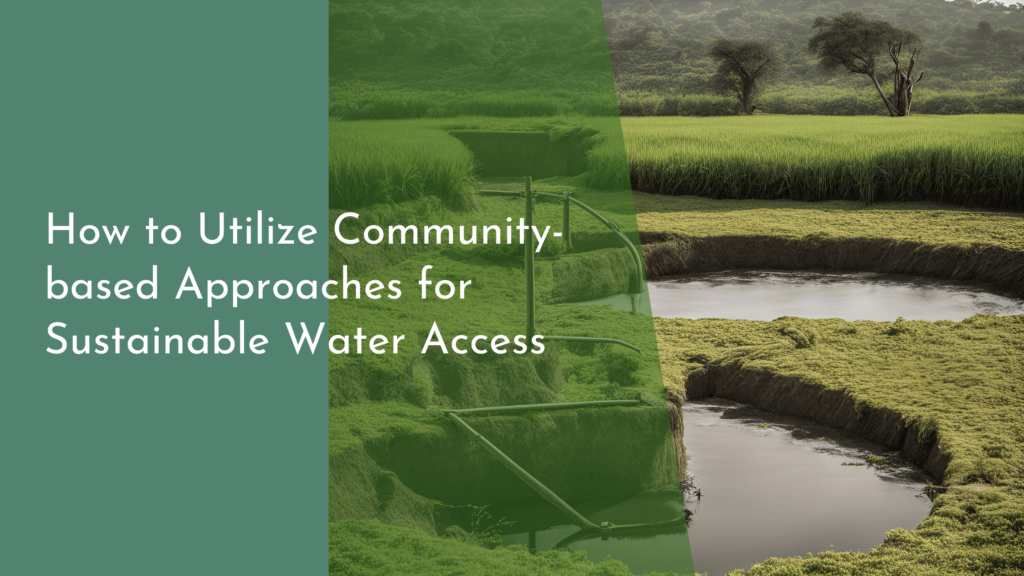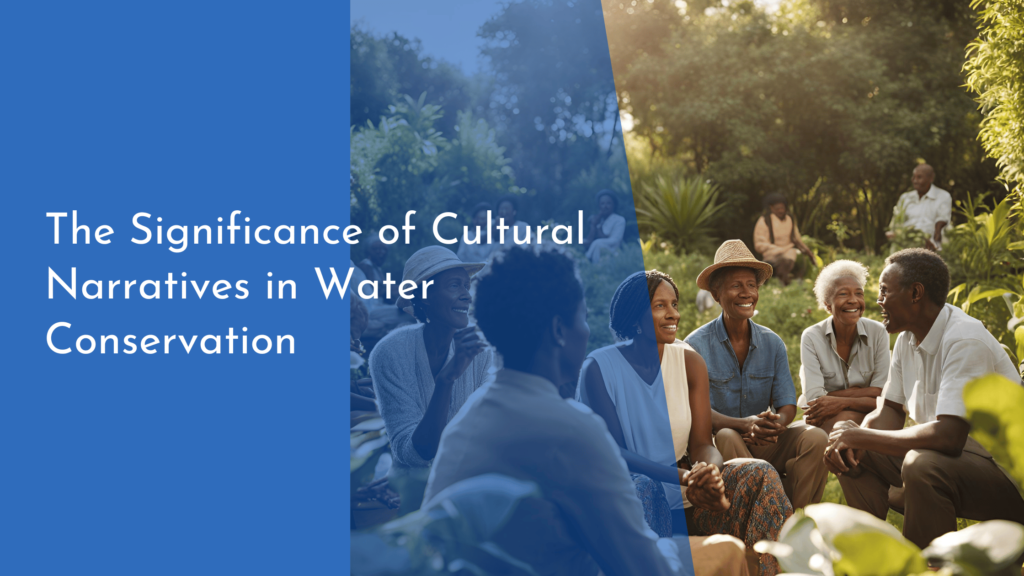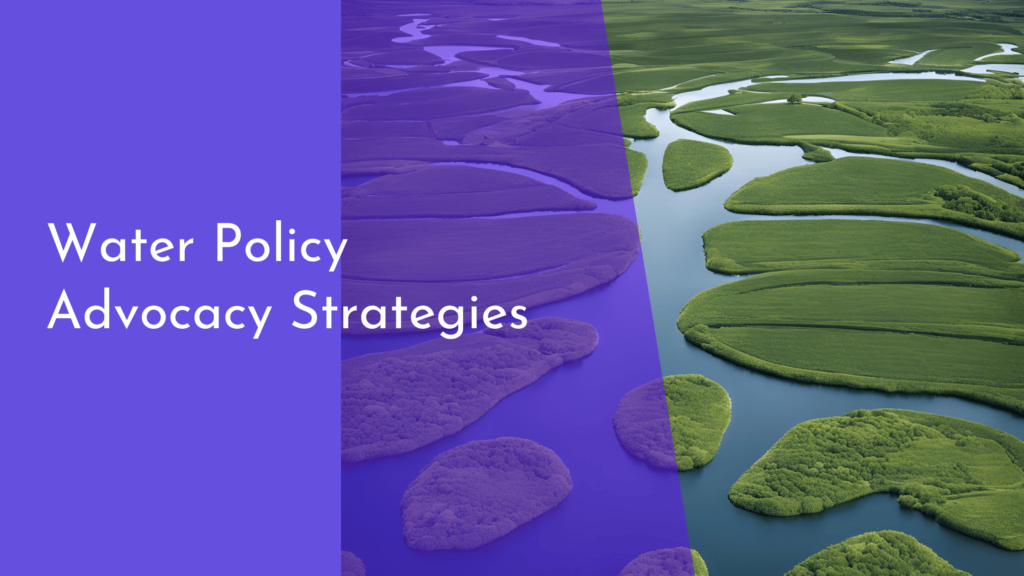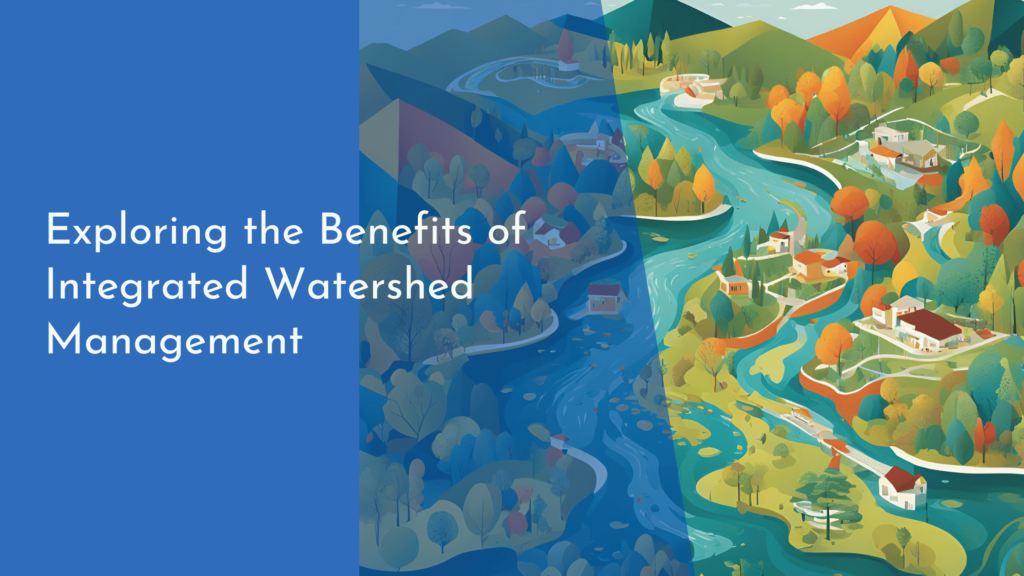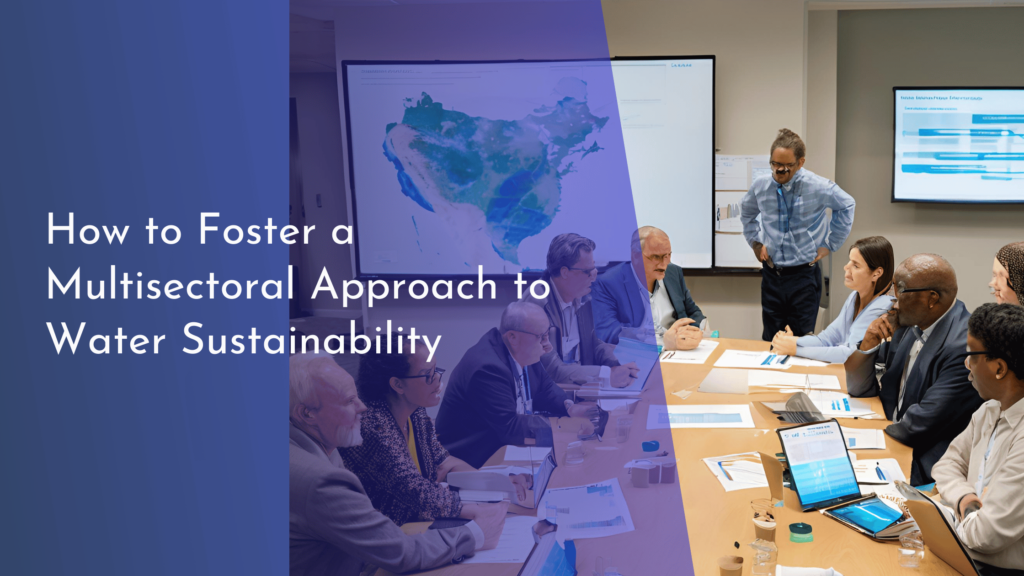The Role of Public Awareness in Strengthening Water Legislation
Water is an essential resource for all forms of life, and its sustainable management is crucial for the well-being of the ecosystem and human societies. As global climate change intensifies and populations grow, the need for robust water legislation becomes increasingly clear. Yet, laws and policies alone are not enough; public awareness and engagement play a critical role in fortifying these legal frameworks. This article explores the intricate relationship between public awareness and water legislation, highlighting the power of campaigns, strategies for community engagement, and the bright future ahead.
Understanding Water Legislation Basics
Water legislation encompasses a variety of laws and regulations designed to manage water resources effectively. These laws address issues such as water quality, allocation, conservation, and rights. Effective water legislation is essential for ensuring equitable access, maintaining ecological balance, and minimizing the impacts of droughts and floods. In many countries, water laws also encompass international agreements and treaties that govern shared water bodies, reflecting the interconnected nature of global water resources.
Comprehending the fundamentals of water legislation involves understanding the stakeholders involved, including government bodies, local communities, industries, and environmental organizations. Each of these stakeholders has distinct interests and responsibilities, making collaboration crucial for crafting effective policies. Legislation often needs to balance competing demands, such as agricultural needs versus urban consumption, while also considering the rights of indigenous populations and the preservation of natural habitats. By grasping these basics, the public can better appreciate the importance of water laws and their role in sustainable development.
The Power of Public Awareness Campaigns
Public awareness campaigns are powerful tools in bridging the gap between complex water legislation and everyday public understanding. These campaigns can demystify legal jargon, highlighting the direct impact of water laws on individuals’ lives. By conveying messages in relatable terms, campaigns can inspire collective action and foster a culture of conservation. For instance, educational initiatives about the importance of water quality can lead to community-driven river clean-up activities and more conscientious consumption habits.
Moreover, public awareness campaigns can galvanize support for legislative changes. When citizens are informed about the benefits of new water policies, they are more likely to advocate for their implementation. Campaigns can leverage media platforms, from traditional outlets to social media, to reach diverse audiences and amplify their message. Successful campaigns not only increase awareness but also empower communities to become active participants in water governance, thus reinforcing the strength of water legislation.
Strategies to Engage and Educate Communities
Engaging communities in water conservation and legislation can be achieved through a variety of strategies. Interactive workshops and seminars provide hands-on learning experiences, enabling individuals to grasp the intricacies of water laws and their real-world applications. These events can be tailored to different demographics, ensuring that information is accessible and relevant to all age groups and cultural backgrounds. Collaborations with local schools, businesses, and non-profit organizations can further extend the reach and impact of these educational efforts.
Another effective strategy is the use of storytelling to communicate the significance of water legislation. Personal stories and testimonials can illustrate how water laws have positively impacted individuals and communities, making the subject matter more relatable. Additionally, engaging digital content such as videos, infographics, and podcasts can capture the audience’s attention and make complex topics more digestible. By tapping into the power of storytelling and multimedia, communities can become more informed and motivated to champion water legislation.
Conclusions: A Cheerful Outlook on Future Progress
In conclusion, while water legislation forms the backbone of sustainable water management, public awareness and engagement are the lifeblood that empowers these laws to thrive. As communities become more informed, they play a vital role in supporting and strengthening legal frameworks. Through effective campaigns and educational strategies, individuals can transform from passive observers into proactive custodians of water resources. This shift not only enhances the efficacy of existing legislation but also inspires future innovations in water management.
Looking forward, the future of water legislation appears promising, bolstered by an ever-increasing public consciousness about the value of water resources. With continued efforts to educate and engage communities, there is a cheerful outlook on achieving sustainable water management for generations to come. As more people understand their role in this important endeavor, the collective commitment to protecting and preserving our planet’s water will undoubtedly lead to positive, lasting change.

